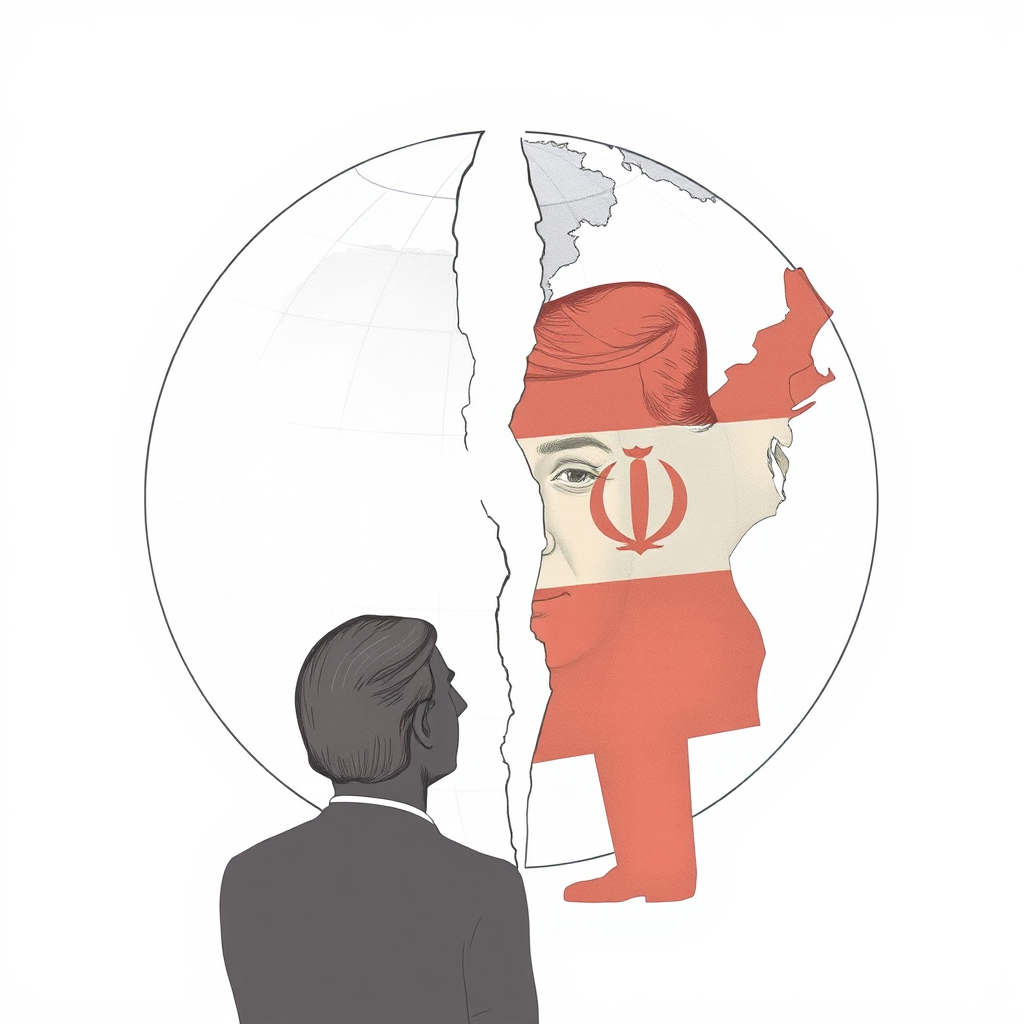Iran Tried to Kill Trump? The Claims

The question of whether Iran attempted to assassinate former President Donald Trump has become a complex and politically charged issue, marked by accusations, denials, and escalating tensions. While Iranian officials consistently deny any involvement in plots against Trump, a series of allegations and reported incidents have fueled concerns within the U.S. government and prompted strong reactions from both sides.
The debate intensified following statements from Israeli Defense Minister Israel Katz, who publicly asserted that Ayatollah Ali Khamenei “can no longer be allowed to exist,” mirroring a sentiment seemingly echoed by former President Trump himself, who revealed he had ordered the potential annihilation of Iran should an assassination attempt on him occur. This rhetoric, however, stands in contrast to Trump’s previous campaign promises against military interventions for regime change.
U.S. officials have pointed to multiple alleged plots, including the arrest of individuals purportedly linked to Iranian intelligence tasked with surveilling or planning attacks against Trump and other American officials. In 2024, Farhad Shakeri, an Afghan national, was charged with assembling a plan to assassinate Trump under the direction of Iranian officials. Prior to that, in 2025, Asif Merchant, a Pakistani national, faced charges for allegedly seeking to kill high-ranking U.S. figures, potentially including the former president, allegedly on Iran’s orders.
Iran consistently denies these accusations. Following each incident, Iranian officials have characterized the allegations as fabrications or part of a deliberate campaign orchestrated by Israel to sabotage U.S.-Iran relations. Iranian Foreign Minister Abbas Araghchi dismissed the charges against Shakeri as a “new scenario,” while President Masoud Pezeshkian stated unequivocally that Iran “never attempted” to kill Trump.
The Biden administration reportedly issued a warning through Swiss diplomats that any assassination attempt against Trump would be considered an act of war, prompting Iran to respond, also through Swiss channels, that it would not pursue such an action.
Adding another layer of complexity, Israeli Prime Minister Benjamin Netanyahu has publicly claimed that Iran actively sought to assassinate Trump because of his perceived strength and decisiveness, labeling him “enemy number one.” This statement, coupled with Israel’s recent strikes against Iran, raises questions about the motivations behind the accusations and the potential for escalation.
The situation is further complicated by the history of tensions between the U.S. and Iran, including the assassination of Gen. Qasem Soleimani in 2020, which prompted vows of retaliation from Iranian officials. While Iran has a documented history of conducting assassination plots overseas, primarily targeting Iranian dissidents, the claims of targeting a former U.S. president are particularly serious.
The conflicting narratives and lack of definitive proof make it difficult to ascertain the full truth. However, the sheer number of allegations, coupled with the geopolitical context, suggests a real and persistent concern within U.S. intelligence circles. Whether these concerns represent genuine plots, politically motivated accusations, or a combination of both remains a subject of intense debate. The situation demands careful diplomacy and a commitment to de-escalation to prevent further deterioration of relations and the potential for a wider conflict.